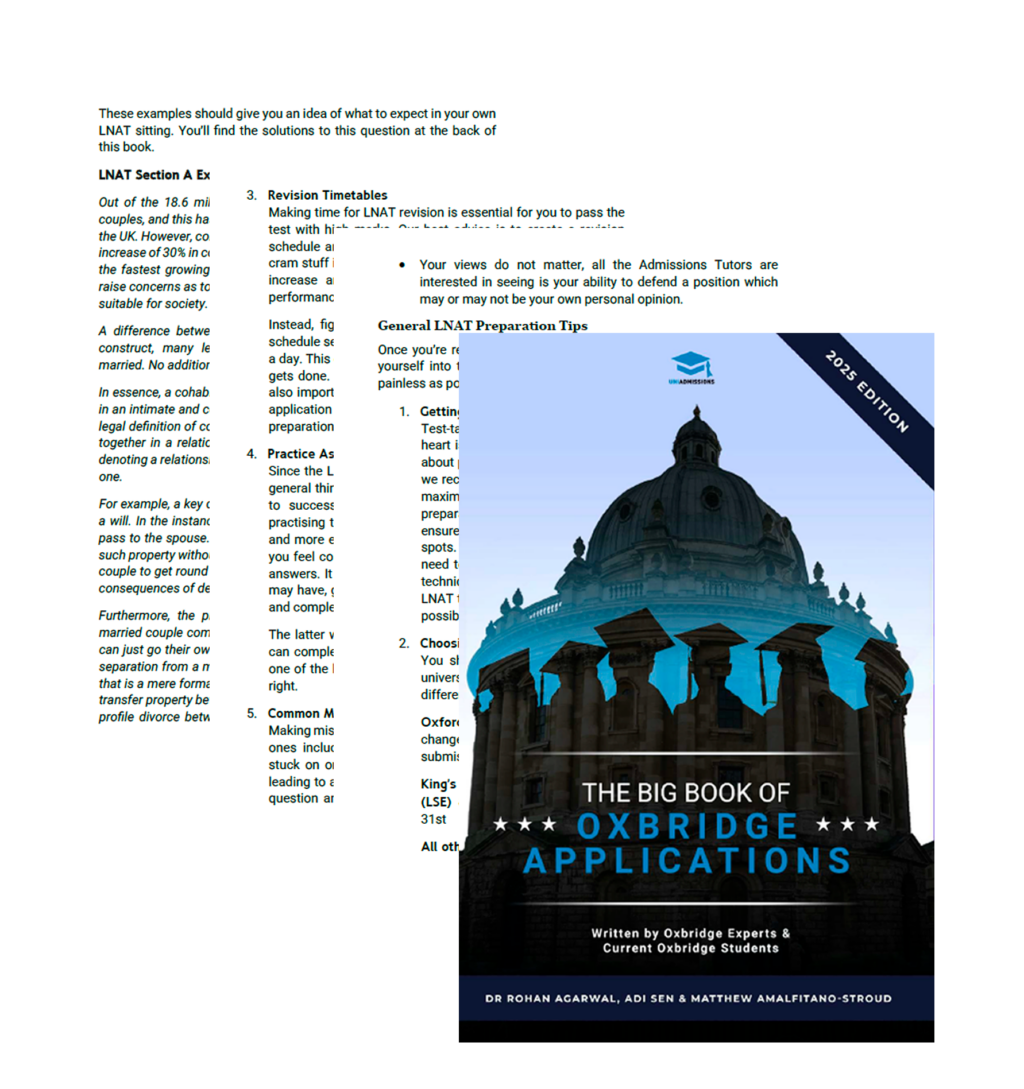The legal profession in the UK is as intellectually demanding as it is competitive. With thousands of law graduates entering the market each year, training contracts and pupillages remain in short supply – especially at top firms.
In this environment, being a “good” solicitor, barrister, or Legal Executive is about far more than simply holding a law degree or a qualification. It’s about building a profile that demonstrates capability, confidence, and deep commitment to legal excellence.
But what exactly makes a good lawyer? Is it technical expertise, interpersonal skill, or academic background? In reality, it’s a combination of all these – and more. From the way you communicate with clients to the university you graduate from, your strengths as a lawyer will shape not only your employability and salary prospects, but also your potential to lead within the profession. In this guide, we’ll explore the key skills, qualities, academic credentials and professional behaviours that define a successful lawyer in today’s legal landscape – especially in the UK. We’ll also offer guidance on how to develop these traits early, whether you’re about to start a law degree or preparing for legal employment.
What Makes A Good Lawyer
The legal sector in the UK values a blend of academic rigour, professional acumen, and interpersonal insight. While legal specialisms may place more emphasis on one strength over another (a criminal barrister will need courtroom confidence, whereas a commercial solicitor may lean more on analytical skill), some core attributes remain universally valued across the legal spectrum.
A good lawyer combines:
- Key skills (e.g. communication, reasoning, and research),
- Essential personal qualities (e.g. empathy, fairness, and sound judgement),
- A reputable academic background,
- A strong foundation of early experience (e.g. internships, mooting, or client-facing work).
It’s also worth distinguishing between a “good” and a “great” lawyer. A good lawyer does the job well. A great lawyer anticipates problems, communicates with clarity and compassion, and continues developing professionally over the course of their entire career. Much of this growth begins with the foundations set as an undergraduate. If you’re still deciding on your next steps in law education, you may find our guide to the Best Law Schools in the UK & How to Choose the Right One (Beyond Oxbridge) helpful.

Triple your chances of getting into Oxbridge with expert support from UniAdmissions
When you enrol on the UniAdmissions Law Oxbridge Programme, you will have access to everything you need to effectively prepare for each stage of the admissions process. This includes one-to-one tuition, hundreds of preparation materials, live courses, Personal Statement/essay marking and much more.
Discover our Law Oxbridge Programme by clicking the button below to learn how you can enrol and boost your chances of success.
What Skills do You Need to Be Lawyer
While law is an academic discipline, it’s also an applied profession – meaning that soft skills and hard thinking go hand in hand. Here are the top skills legal employers expect to see in candidates:
Communication Skills
- Clear, persuasive communication is at the heart of legal practice. From writing a legal memo to arguing a case, or negotiating with opposing counsel, your ability to structure arguments and tailor your language to different audiences will set you apart. This includes written and verbal skills, both of which are developed at university – but honed through practice.
People Skills
Lawyers work with people, not just paperwork. Strong interpersonal skills – including emotional intelligence, listening, and client-facing professionalism – are key to success. Understanding the client’s goals and showing sensitivity in difficult legal matters across different areas of law (like family law or criminal defence) is a mark of a mature practitioner.
Logical & Critical Thinking
Legal reasoning involves analysing complex information, identifying contradictions, and forming compelling arguments based on precedent and statute. Logical thinking supports everything from drafting contracts to dismantling opposing arguments in court.
Research & Attention to Detail
From case law to regulatory updates, the ability to efficiently locate, interpret, and apply information is non-negotiable. As a lawyer you must be meticulous – missing a small detail in a contract or legal ruling can have serious consequences. This analytical discipline starts with academic work but must be maintained throughout your career.
Worried About the LNAT? Let The Big Book of Oxbridge Applications Be Your Guide
- A clear breakdown of what the LNAT involves
- Up-to-date information on test dates and format
- Targeted preparation strategies to help you study efficiently
- Practice questions that reflect the real test
Qualities Of A Good Lawyer
Beyond skills, certain personal attributes define great legal professionals – qualities that may not appear on a CV but reveal themselves in real-world legal contexts.
Empathy
- A good lawyer understands their client’s perspective and adapts their approach accordingly. Empathy doesn’t mean compromising objectivity – rather, it allows lawyers to deliver client care with humanity and understanding.
Fairness
Whether arguing for justice in court or advising on complex legal matters, fairness and a strong ethical compass guide professional conduct. Lawyers are officers of the court – honesty and balance are crucial.
Good Judgement
- Whether assessing a client’s chances of success or deciding whether to pursue a settlement or trial, good judgement is central. This comes with experience, but begins with reflection and exposure to a wide variety of legal contexts.
Personable attitude
Clients and colleagues alike need to feel they can trust and collaborate with you. In a client-driven legal marketplace, emotional intelligence and approachability are vital to maintaining long-term relationships.
Academic Background
While it’s entirely possible to become a lawyer without attending a top-tier law school, academic background still plays a significant role in early career progression – especially if you aim to work at a Magic Circle or international firms.
Reputable universities offer more than prestige – they provide intellectual challenge, exposure to top lecturers, and strong alumni networks. Oxford and Cambridge, for example, are renowned for their theoretical focus on jurisprudence and legal philosophy, while LSE and UCL are known for their emphasis on commercial and international law. Attending a competitive law school often means access to elite internship opportunities and better preparation for the LNAT, interviews, and training contract applications.
What Law Firms and Employers Look For in a Graduate Lawyer
Legal employers – especially Magic Circle and City firms – have high expectations when it comes to graduate hires. These are some of the traits and experiences they value most:

Commercial Awareness
Understanding how businesses operate and how legal issues affect them is critical – particularly for commercial law. Firms expect graduates to keep up with current affairs, economic trends, and the industries their clients operate in.
Resilience and Work Ethic
The legal path is demanding. Graduate lawyers must demonstrate they can thrive under pressure, meet deadlines, and sustain motivation even during long hours or complex tasks.
Teamwork and Collaboration
Despite popular perceptions, law is a collaborative profession. Whether working in chambers or as part of a corporate team, strong collaboration and emotional intelligence are vital.
Initiative and Curiosity
Top firms want graduates who take ownership of their learning and aren’t afraid to ask questions, seek feedback, and go beyond the brief.
Many firms also assess candidates based on structured competency frameworks and application exercises. Participating in vacation schemes, open days and legal internships can offer an early insight into the values of firms you’re aiming to work with.
How to Become a Good Lawyer
Developing the traits above doesn’t happen overnight – but the earlier you start, the more naturally they’ll become part of your legal toolkit. Here are some of the most effective ways students and graduates can start building real legal strength:
- Join mooting societies or student debate clubs to build argumentation and public speaking skills.
- Volunteer for pro bono projects or organisations like Citizens Advice to gain early exposure to legal processes and vulnerable clients.
- Read legal blogs and follow UK case law to sharpen your critical thinking and stay informed on legal developments.
- Seek mentorship or attend law taster sessions – they offer clarity on specialisms and help expand your professional network.
- Reflect on your experiences regularly – whether it’s after a seminar or shadowing opportunity, learning from every exposure helps deepen your judgement and adaptability.
Our Law Programme at UniAdmissions is designed to help students develop these skills before they even begin their university degree – with expert support in LNAT preparation, personal statement writing, and university admissions coaching.
Conclusion
Becoming a good lawyer in today’s UK legal landscape isn’t just about academic credentials or ticking off a list of competencies. It’s about developing a well-rounded, adaptable mindset that allows you to navigate complexity with clarity, integrity, and purpose. The most effective lawyers combine razor-sharp reasoning with empathy, ethical judgment, and a continuous commitment to learning – qualities that increasingly define success in both traditional and emerging areas of law.
For some lawyers, the natural next step after building this level of expertise is pursuing a judicial career — explore our full guide on How to Become a Judge in the UK to see what that path looks like.
If the legal world excites you but you’re not sure about becoming a solicitor or a judge, a career as a paralegal might be the perfect fit for you.
Whether you’re preparing for your first year of a law degree or actively pursuing training contracts, now is the time to build the habits, experiences, and mindset that will carry you through your career. Engage with the legal world early. Seek out challenges. Reflect on your values and interests. The legal profession doesn’t just reward those who work hard – it rewards those who think deeply, care about justice, and take initiative in their growth. If you’re serious about standing out, investing in your personal and academic development from day one will make all the difference.
If you’re aiming for top UK universities like Oxford and Cambridge, our expert-led Law Full-Blue Programme is designed to give you a competitive edge in your application. From personal statement support to interview and admissions test prep, we provide tailored support to triple your chances of success in the most demanding courses.
Every step of the Oxbridge application process counts, so get it right with UniAdmissions
At UniAdmissions, we are specialists in getting applicants into Oxbridge Law. With our expertly crafted curriculum, extensive preparation materials and innovative Portal, we have developed a programme that caters to applicants of law across Oxford, Cambridge and more.
Discover our Full-Blue Law Programme by clicking the button below to learn how you can enrol and triple your chances of success.
FAQs
1. How can I improve my legal communication skills?
Practice writing essays, take part in debates or mooting, and read high-quality legal analysis. Try rewriting complex rulings in simpler terms — it’s a great exercise for clarity.
2. Is it essential to attend Oxbridge to become a good lawyer?
Not at all. While Oxbridge can open certain doors, success in law depends far more on your overall profile, academic performance, and practical experience. Many top lawyers come from a range of universities.
3. What is the most important personal quality for a lawyer?
This varies, but many would argue sound judgement — being able to make the right call under pressure – is one of the most valuable qualities across all legal specialisms.
4. When should I start preparing for a legal career?
Ideally in sixth form – but it’s never too late. Starting early with structured preparation (e.g. work experience, enrichment activities, LNAT support) gives you a valuable edge.







